French authorities on July 1 sent extra troops to flashpoint cities to deal with protests in a fifth consecutive night of riots, after police shot dead a teenager for a traffic violation in a Paris suburb.
From June 30 to July 1, police arrested 1,311 people, the highest number since the violent protests began. In total, more than 2,400 people were arrested after five days of rioting.
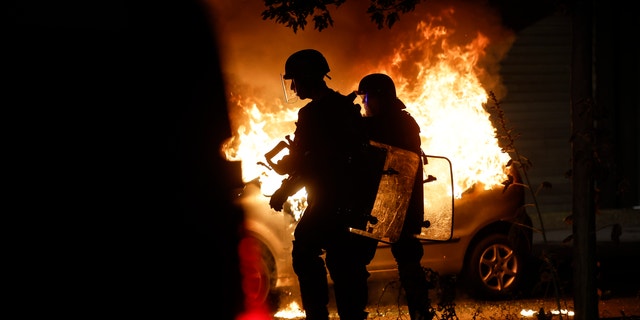 |
| The situation in France on the night of July 1 was calmer than the previous four days. Photo: AP |
Rioters have vandalized shops and public buildings in various locations across France. The groups, often made up of teenagers, are organised on social media and armed with fireworks.
President Emmanuel Macron called on parents to take responsibility for the teenage rioters, a third of whom were “young or very young”. Justice Minister Eric Dupond-Moretti earlier said 30% of those arrested were minors, while Interior Minister Darmanin said the average age of those arrested was 17.
According to Reuters news agency, French Finance Minister Bruno Le Maire said more than 700 shops, supermarkets, restaurants and banks have been "looted and even burned down" since June 27.
The situation in France on the night of July 1 was calmer than four days earlier, but there was still some tension in central Paris and sporadic clashes in other localities.
In Paris, police stepped up security on the city's iconic Champs Elysees avenue after calls for gatherings on social media.
Police used tear gas against rioters on a main street in Marseille on the evening of July 1. Meanwhile, in Lyon, police deployed armored personnel carriers and a helicopter.
Interior Minister Gerald Darmanin said 45,000 police would be deployed from the night of July 1 to early July 2. Security forces and equipment were sent to Lyon, Grenoble and Marseille.
Around 7,000 police will be on duty in Paris and the surrounding area. Minister Darmanin said extra police would be deployed to “fully restore order”. Some areas have imposed overnight curfews.
Buses and trams in France stopped running after 9 p.m. Local authorities announced a ban on protests and the sale of large fireworks and flammable liquids.
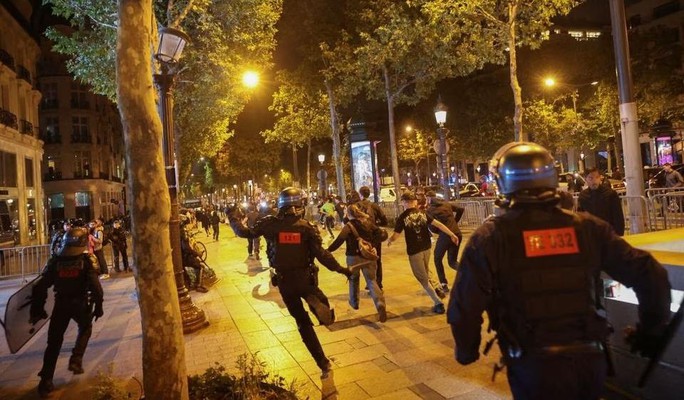 |
| From June 30 to July 1, police arrested 1,311 people. Photo: Reuters |
Due to violent protests in his country, French President Emmanuel Macron has postponed his state visit to Germany, scheduled for July 2. The German government announced that Mr. Macron spoke by phone with German President Frank-Walter Steinmeier and informed him about the situation in his country.
Violent protests have erupted in France in recent days after police shot and killed a 17-year-old boy, identified as Nahel, on the morning of June 27 for not obeying police orders while driving.
Nahel's funeral began on July 1, with hundreds lining up to enter the mosque in the town of Nanterre, a suburb of Paris, for the funeral. The burial took place at the Mont Valerien cemetery in the area.
According to HUE BINH/NLDO
Source link










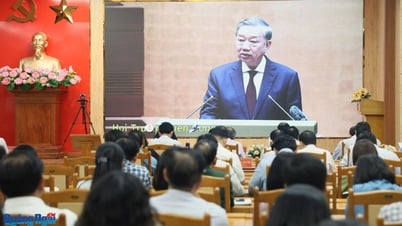

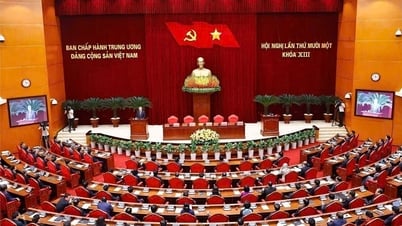



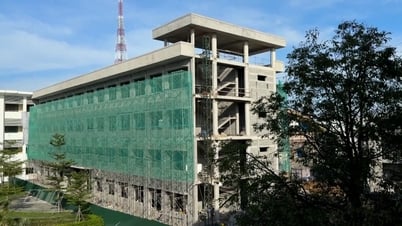










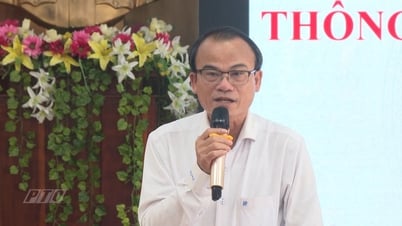
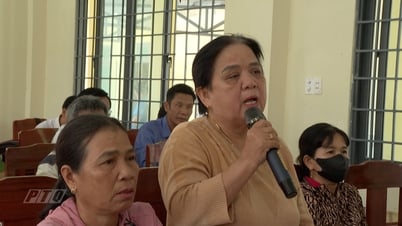
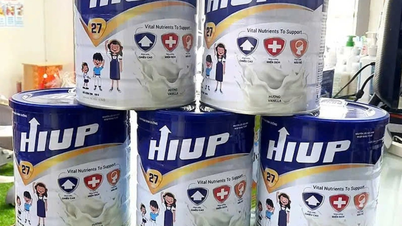
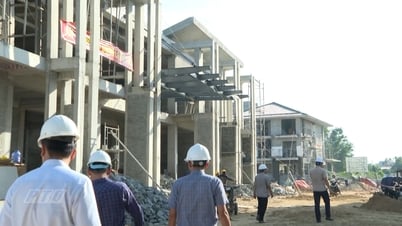
![[Photo] The 9th Congress of the Party Committee of the Office of the President, term 2025-2030](https://vphoto.vietnam.vn/thumb/1200x675/vietnam/resource/IMAGE/2025/6/20/78e7f27e8c4b4edc8859f09572409ad3)












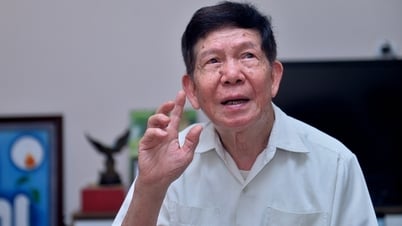













![[Maritime News] Wan Hai Lines invests $150 million to buy 48,000 containers](https://vphoto.vietnam.vn/thumb/402x226/vietnam/resource/IMAGE/2025/6/20/c945a62aff624b4bb5c25e67e9bcc1cb)


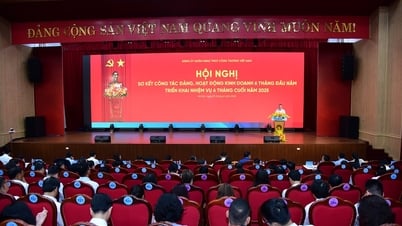






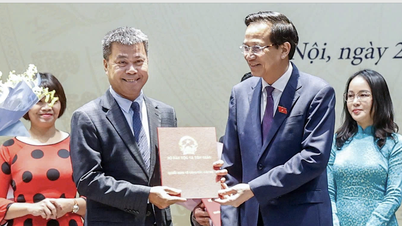
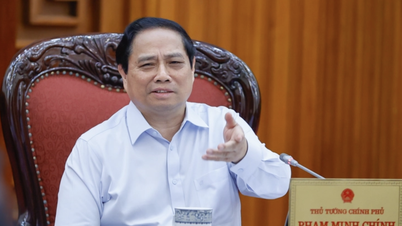
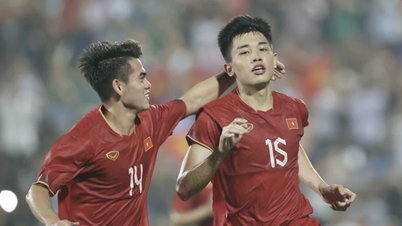










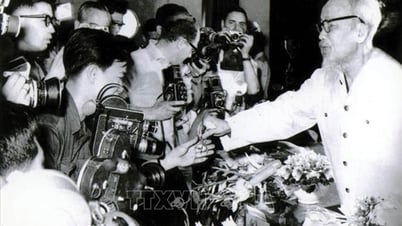


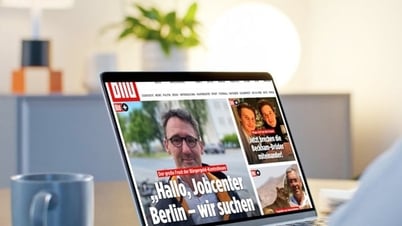

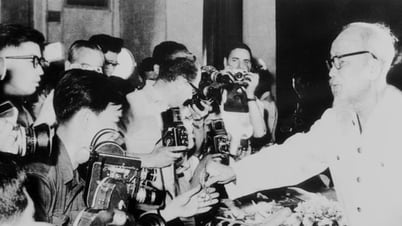











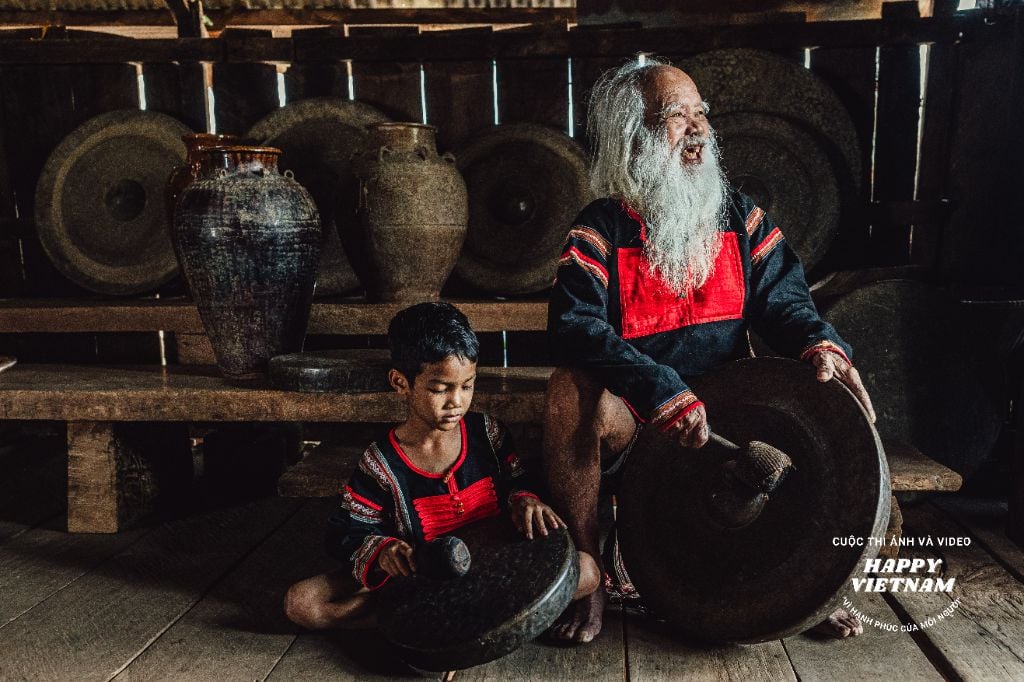
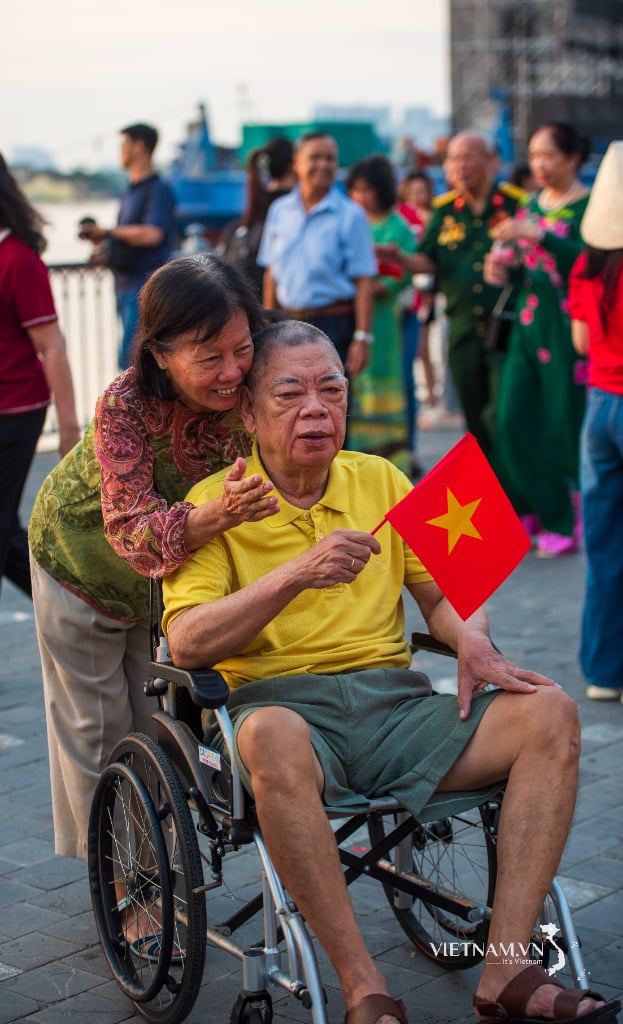

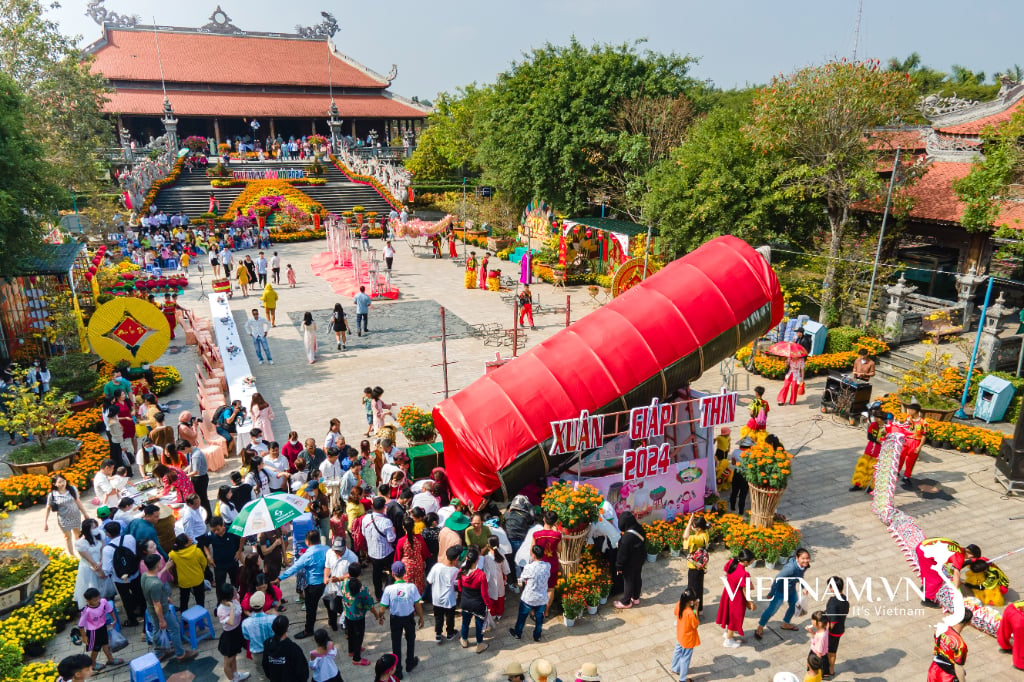
Comment (0)